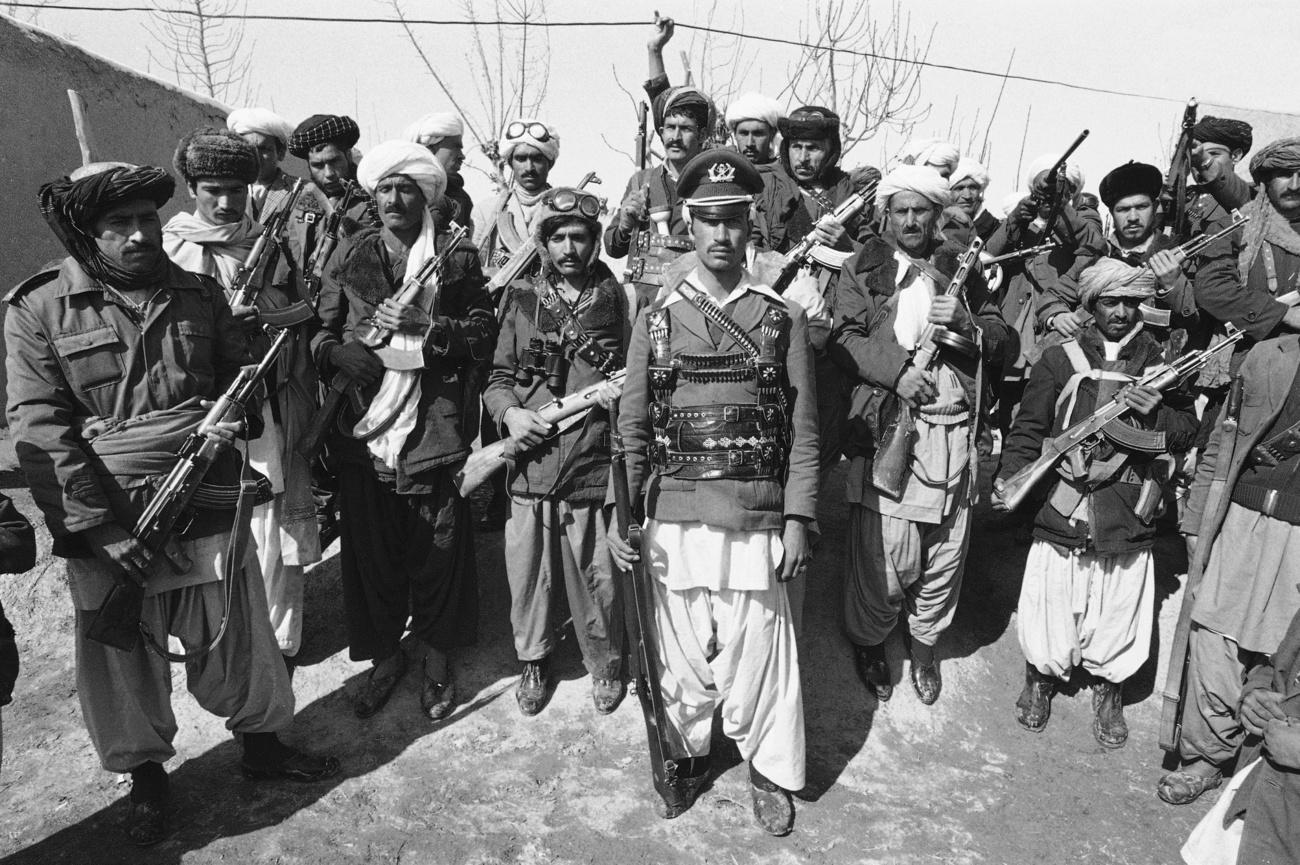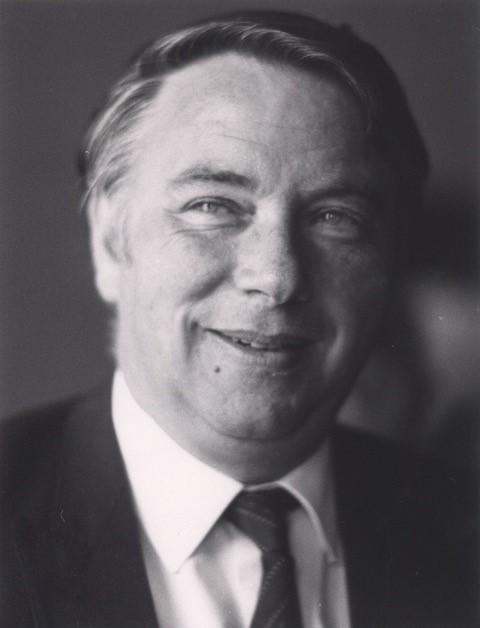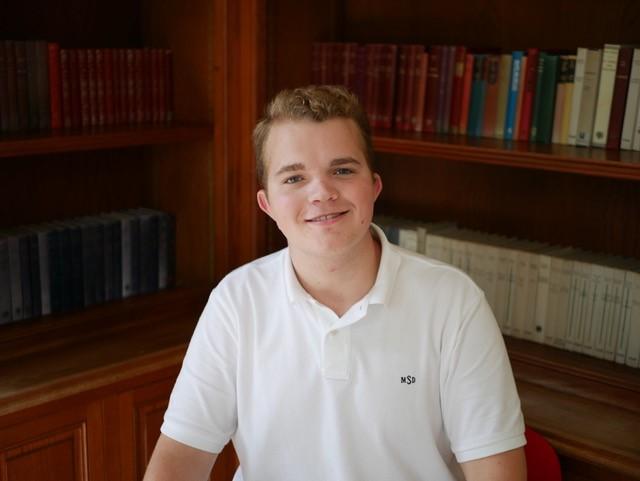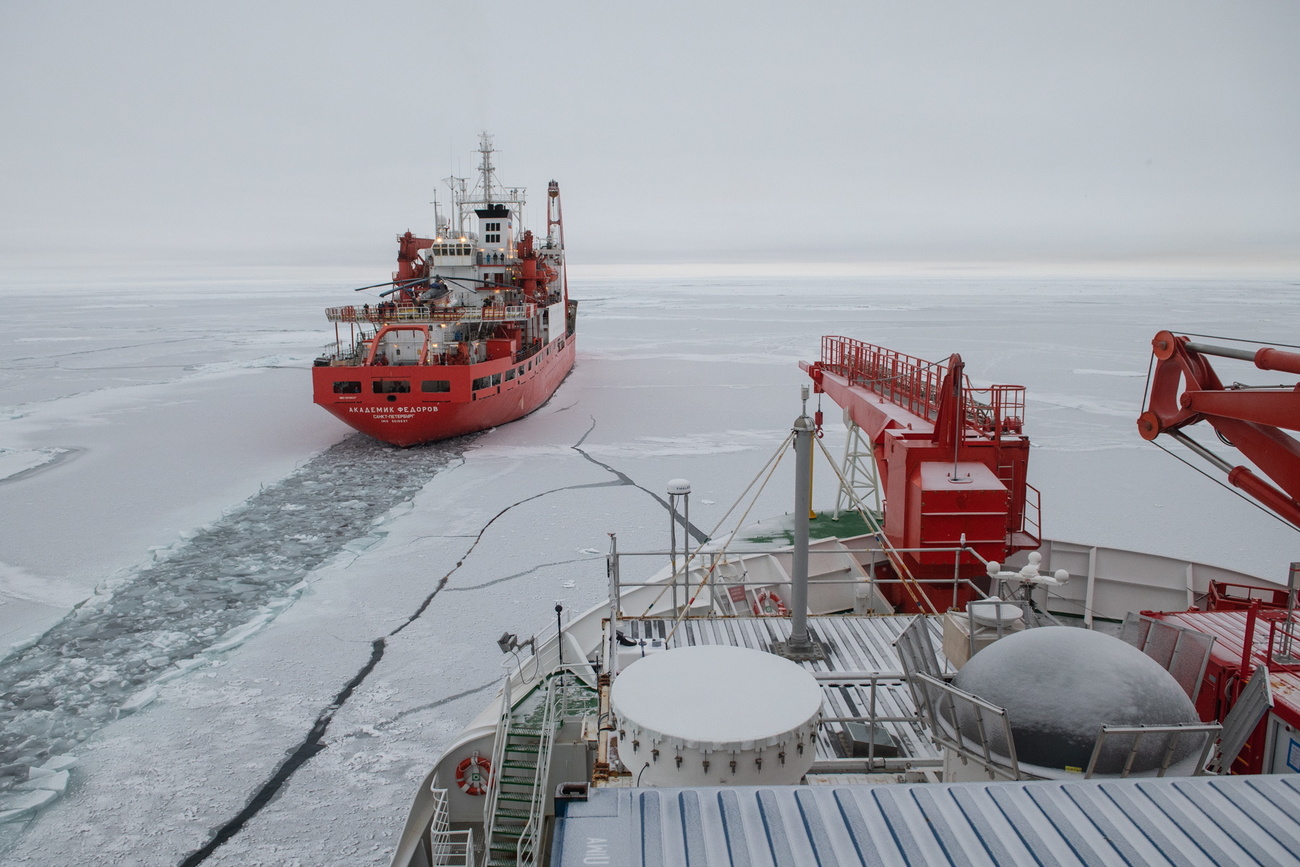How Switzerland learned from its mistakes with Soviet POWs
In the theatre of international relations, doing what is ethical is more important – and often more difficult – than doing what is convenient, argues history student Max Stroemer as he uncovers how the Swiss treated 11 Soviet POWs in the 1980s.
Over the Christmas holiday in 1979, the Soviet Union used the Soviet-Afghan Friendship TreatyExternal link to justify its armed invasion of Afghan borders where a Marxist party gained control of the national government in Kabul. What followed was a decade-long conflict between the USSR and Afghan rebels known as the Mujahideen. By August 24, 1982, delegates of the Geneva-based International Committee of the Red Cross (ICRC) identified 338 Soviet soldiers held captive by Mujahideen at Kabul’s Puli Charkhi prison.
According to the Geneva Conventions of 1949, the ICRC has a mandate to provide humanitarian protection and assistance to victims of armed conflict. On “behalf of all persons taken prisoner in the fighting”, the ICRC proposed an agreementExternal link whereby Soviet POWs would be released from the Puli Charkhi prison and placed under internment, a state of confinement for political prisoners, in a neutral country for two years prior to being repatriated to the Soviet Union.

Before 1982, Switzerland was not directly involved in the Afghan conflict, taking what Liliane Stadler, a Swiss PhD candidate at Oxford University, describes as a “reactive” foreign policy approach. The nature of Switzerland’s involvement in the conflict would change when 11 Soviet POWs were successfully transferred from Afghanistan to the former military barracks on the Zugerberg mountain in the canton of Zug under the responsibility of Swiss authorities.

Swiss Secretary of State Edouard Brunner first acknowledged this POW negotiation in a pre-recorded televised address on October 29, 1983, as Stadler notes in her doctoral thesis. Brunner attempted to explain to a skeptical public why Switzerland had become involved in the negotiation.
“This action is a novel gesture of our willingness to serve in the humanitarian domain, a willingness [however] that stems from our neutrality and that forms a long-standing tradition in our country,” Brunner said.
POWs: honourable, or traitors?
By July 8, 1983, the issue of repatriation was forced upon all parties involved in the agreement when Yuri Vatchenko, one of the eleven Soviet POWs, escaped the Zugerberg facility to seek political asylum in West Germany because he feared being returned to the USSR. A 1983 ICRC annual report reveals that the committee originally assumed that the POWs would automatically return to the USSR after the two-year period of internment in Switzerland. In her article An Extension of Humanitarian International LawExternal link, researcher Charlotte Carr-Gregg addresses the stark difference between how POWs were viewed in Western and Soviet societies in the 1980s. In the West, released POWs were seen as “honourable citizens”, while captured POWs were historically viewed as “traitors” by Soviet authorities.

Memories of Stalin
By the early 1980s, Switzerland already had a sordid past with hosting Soviet POWs which makes this chapter of diplomatic history particularly sensitive in Swiss memory. The New York Times External linknoted in 1983 how, at the end of the Second World War, 9,000 Soviet soldiers were forcibly repatriated to the Soviet Union where they were collectively “shipped off” to Siberian gulags, presumably to their deaths, by Josef Stalin’s security forces.
Although the ICRC facilitated the 1982 Soviet POW agreement, decisions on repatriation policy would ultimately be left up to Switzerland, the detaining power. A 1982 study on Switzerland’s actions towards the Soviet soldiers in 1945 revived the controversy around repatriating Soviets during the Second World War, placing additional pressure on Brunner and his colleagues on the Swiss Federal Council (executive branch). According to a May 1985 news report from the Swiss publication 24 Heures, Federal Councillor Pierre Aubert declared before the Swiss parliament that the Soviet POWs should not be forced to repatriate to the USSR.
Learning from the past, accepting the consequences
Besides Vatchenko who escaped to Germany, two other POWs named Yuri Povaritsyne and Victor Sientschouk requested to remain in Switzerland after the internment period. The Swiss government granted them one-year renewable resident permits instead of putting them through the process of requesting political asylum.
This decision to allow the Soviet nationals to remain in Switzerland on renewable resident permits was certainly not politically convenient. According to Carr-Gregg’s research, Switzerland did not want to be perceived as a “channel for dissenters”. But its choice to welcome Soviet POWs after the internment period displeased the USSR and left a “coolness” in Soviet-Swiss relations. For the ICRC, a disgruntled USSR also “jeopardised” the 1982 agreement and sacrificed the well-being of the approximately 300 remaining POWs at the Puli Charkhi prison in Afghanistan.
In the face of these challenges, Switzerland’s decision to allow Povaritsyne and Sientschouk to stay in Switzerland was an admirable effort to align diplomacy with ethical imperatives.
In his 2003 memoir, Brunner writes, “In my opinion, we [Switzerland] could not, in the 1980s, act like we had in 1945 with the Soviets when they had sought refuge with us.”
This insightful passage from Switzerland’s top diplomat at the time reveals how acknowledging past mistakes played an important role in Swiss policy decisions.
The views expressed in this article are solely those of the author, and do not necessarily reflect the views of swissinfo.ch.


More
Arctic science collaboration is on thin ice

In compliance with the JTI standards
More: SWI swissinfo.ch certified by the Journalism Trust Initiative








You can find an overview of ongoing debates with our journalists here . Please join us!
If you want to start a conversation about a topic raised in this article or want to report factual errors, email us at english@swissinfo.ch.